Photo shows the tracking device on a laptop displaying the tracking software interface.
Of 170 trackers placed in e-scrap devices over the past two years, the vast majority remained in the U.S. Most of those electronics that were exported went to Asia, according to the Green Tracking Service.
Continue Reading



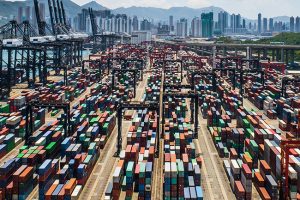 E-scrap exports to Hong Kong will require more due diligence beginning in January, when the semi-autonomous region implements new import and recycling permit requirements.
E-scrap exports to Hong Kong will require more due diligence beginning in January, when the semi-autonomous region implements new import and recycling permit requirements.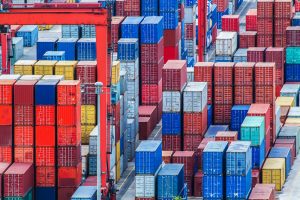 Import policies in China and Southeast Asia continue to tighten, making it more difficult to move certain e-scrap materials to international markets.
Import policies in China and Southeast Asia continue to tighten, making it more difficult to move certain e-scrap materials to international markets.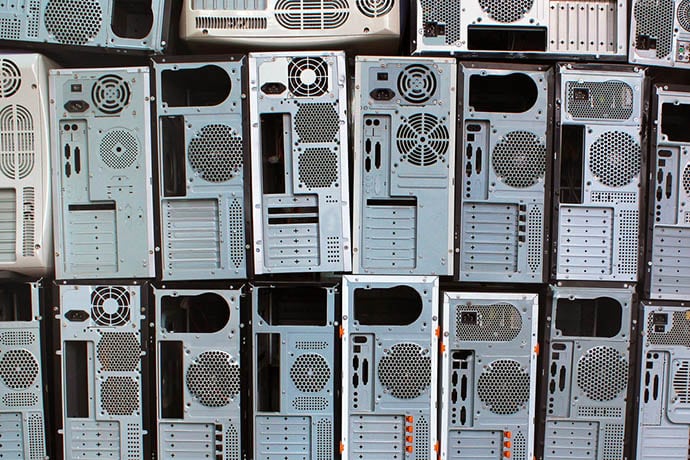 A leader at Metech Recycling envisions restructuring and reinvesting after taking the business private. Meanwhile, company representatives say they have resolved hazardous waste issues at Metech’s California facility.
A leader at Metech Recycling envisions restructuring and reinvesting after taking the business private. Meanwhile, company representatives say they have resolved hazardous waste issues at Metech’s California facility.
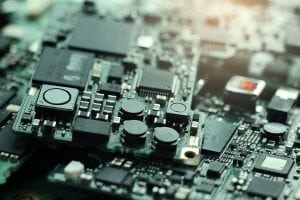 Metech International will jettison its e-scrap recycling business, citing financial losses caused by hazardous waste compliance issues and other challenges.
Metech International will jettison its e-scrap recycling business, citing financial losses caused by hazardous waste compliance issues and other challenges.
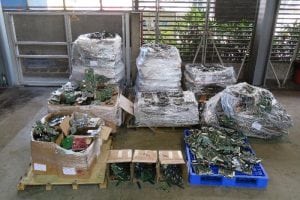 A Hong Kong court fined four companies after authorities seized e-scrap imported from the U.S. and raided three electronics recycling sites.
A Hong Kong court fined four companies after authorities seized e-scrap imported from the U.S. and raided three electronics recycling sites.